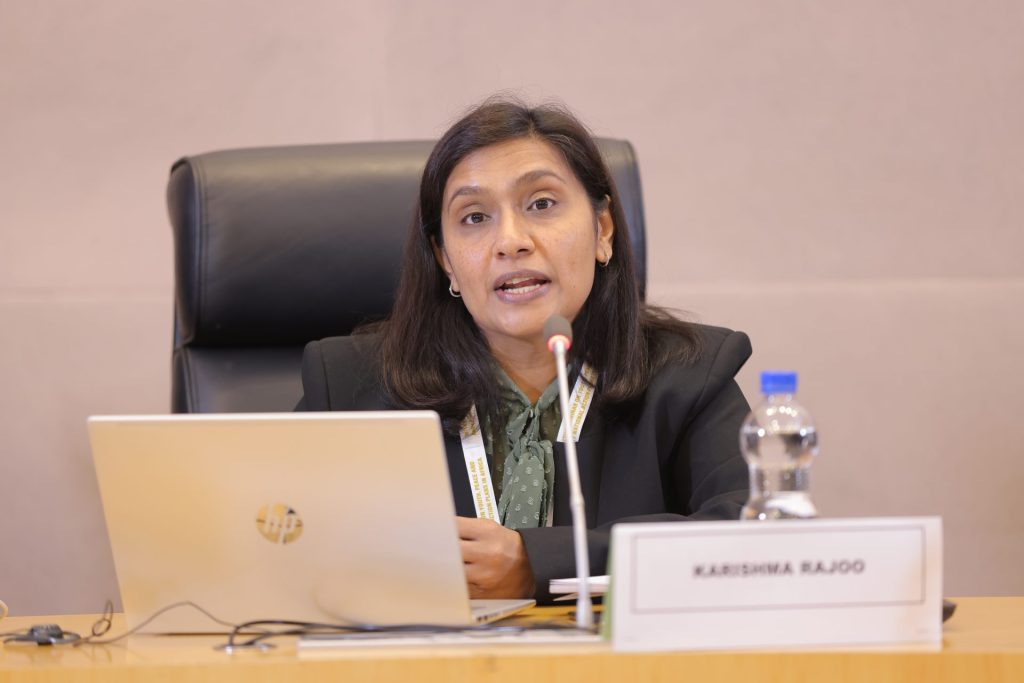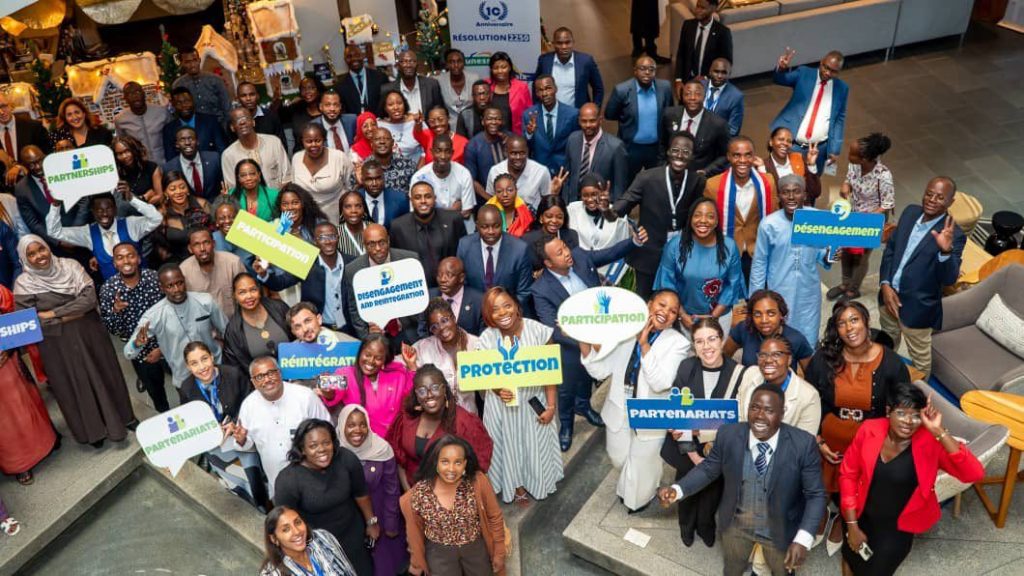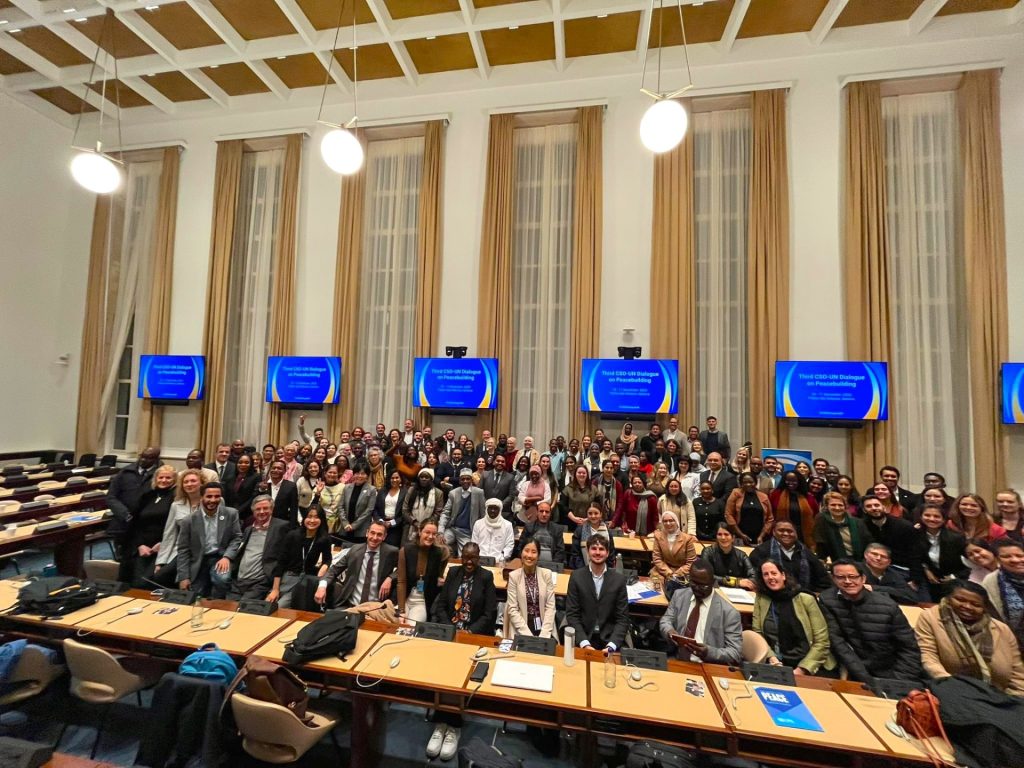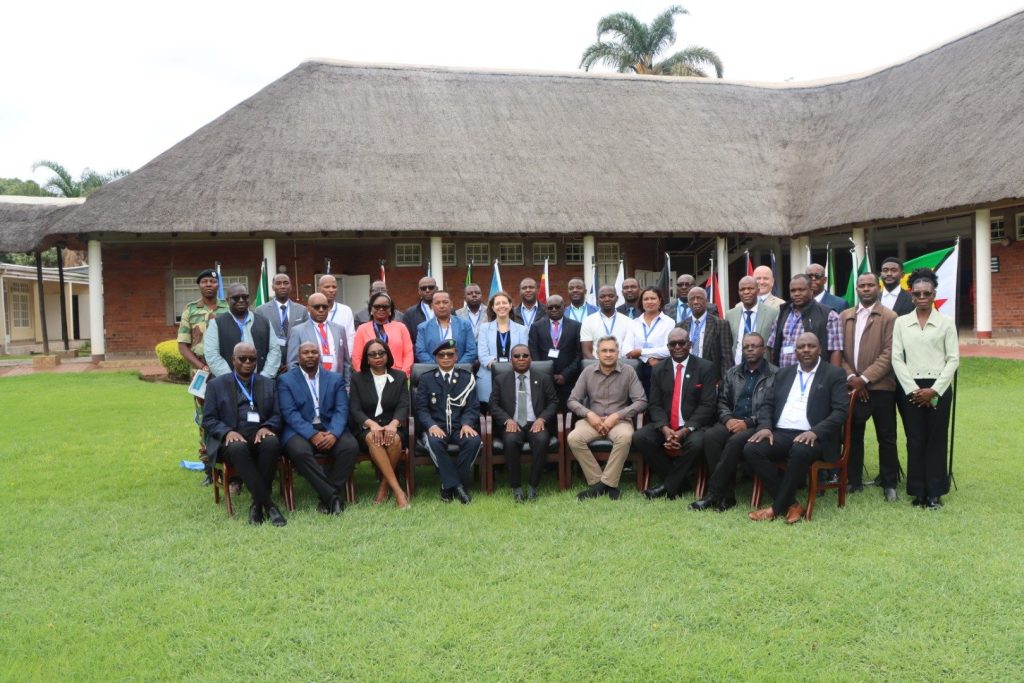Although secessionist movements in various parts of sub-Saharan Africa were common in the 1980s and 90s, only Eritrea and South Sudan managed to gain independence, in 1993 and 2011 respectively. The question still remains, however, whether these countries are on track in addressing the main peacebuilding, state building and democratic consolidation challenges that emerged in the aftermath of secession.
Eritrea and South Sudan’s progress was the focus of an Internal Staff Seminar (ISS) presentation by Bezawit Kefyalew, Intern in the Knowledge Production Department. The Seminar was held on 15 November 2013 at ACCORD’s Durban office. Kefyalew’s presentation focused on an assessment of how secession defined state formation, democratic consolidation and peacebuilding in both Eritrea and South Sudan. She also examined the challenges, successes and prospects for state formation that exist in the two countries.
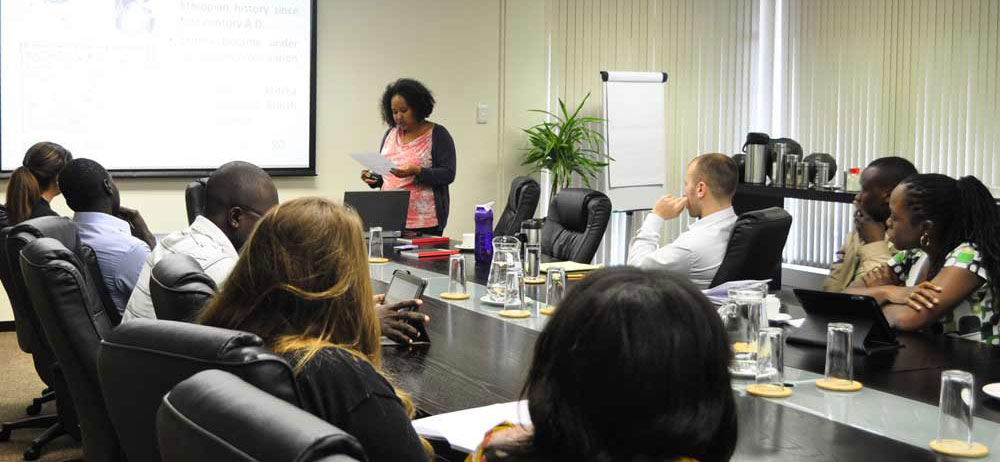
Kefyalew suggested that there are two major factors that currently influence the slow rate and limited success of post-secession state formation, peacebuilding and democratisation in Eritrea and South Sudan:
- long civil wars leading to secession – Eritrea’s 30 years and South Sudan’s 50 years of civil war against the ramp state devastated already underdeveloped state infrastructure, and compromised human and economic resources; and
- hostile relations with the ramp state emanating from contested issues which include territorial demarcation, economic interests, and citizenship.
Kefyalew’s presentation highlighted that in both countries, post-secession conflicts around territorial demarcation have had negative consequences for the peacebuilding process. She explained that the new states’ preoccupation with defending their territorial integrity against external threats has hampered progress in other equally important areas, including national reconciliation, security sector reform, the upholding of human rights and initiation and promotion of sustainable development initiatives. Democratic processes, she added, are also subverted by the dominant positions of those who led the liberation movements that resulted in independence, with the consequence of alienating citizens from peacebuilding processes.
In her concluding remarks, Kefyalew explained that the process of democratisation seems to have been abandoned altogether by Eritrea, while South Sudan’s staggering efforts are hampered by internal conflict caused by rebel and opposition groups organised around ethnic and religious agendas which threaten the existence of the state.
The Knowledge Production Department at ACCORD organises ISSs to facilitate discussion and debate among staff on a variety of conflict-related topics. These lively and highly participatory seminars provide important opportunities for staff to share varying perspectives on peace and conflict issues that are relevant to their work.



